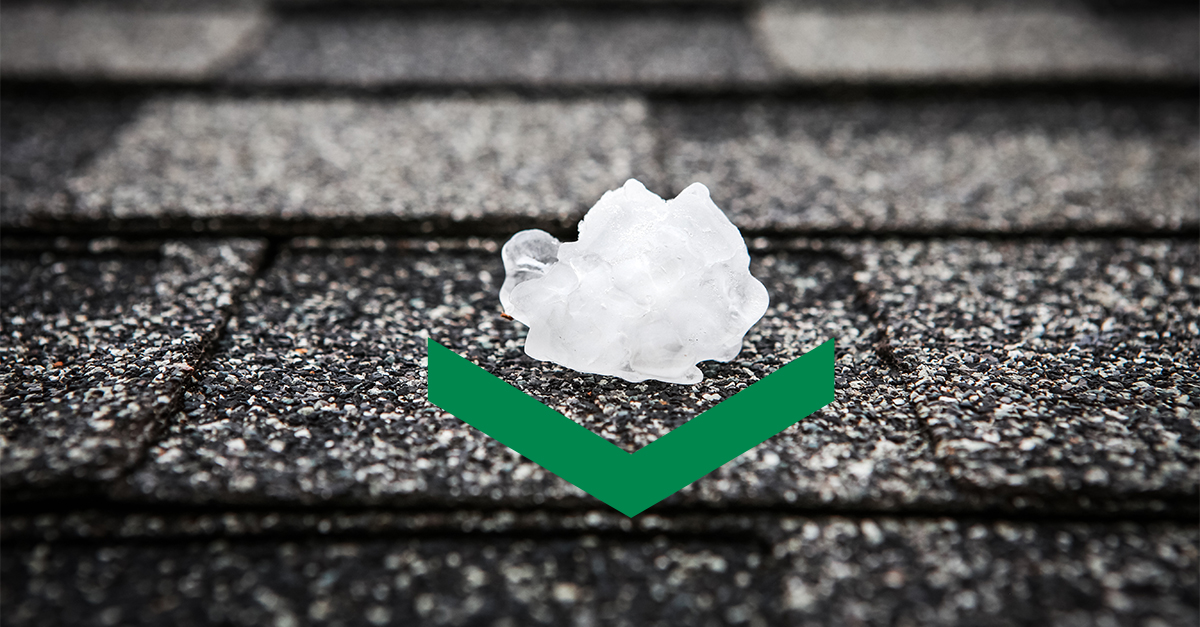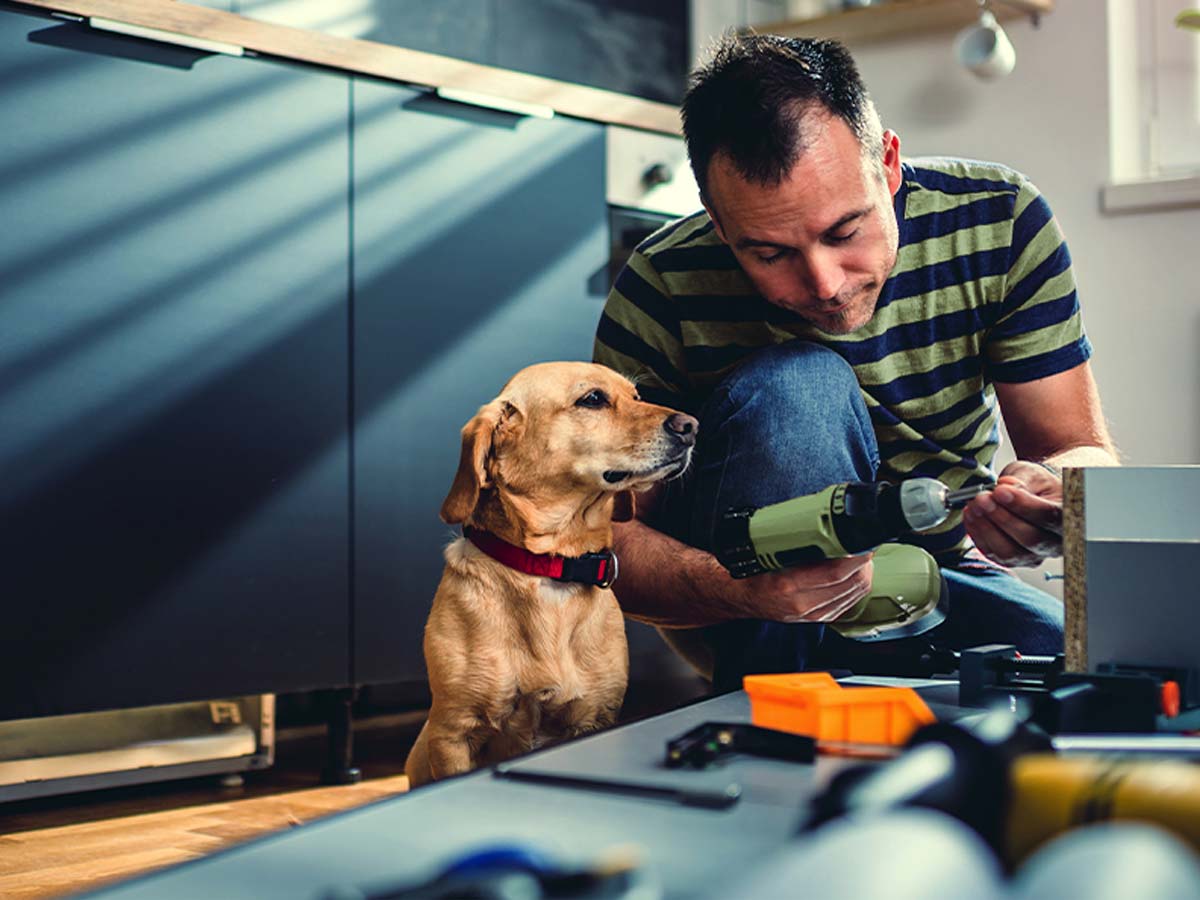Insured with a local Desjardins Agent?
Log in to My AccountNot sure which login to choose?
If you’re insured with us directly, log in to your Online Services account.
Choose this option if you contact us by phone, and you usually speak to different insurance advisors when you call.
If you’re insured with a local Desjardins Agent, log in to My Account.
Choose this option if you know your Agent by name, and they have an office in your local area.
Whether it’s a two-storey in the suburbs, a condo downtown, or a fixer-upper with potential, a home is much more than just a place to sleep.
So it’s not hard to imagine why, when inspection time rolls around, many Canadian home buyers may feel overwhelmed. The good news? Inspecting your soon-to-be new home doesn’t have to be a daunting task – use this list of tips to make sure the process goes smoothly, from attic to basement.
Use a checklist
To ensure you’re hitting every corner of your potential new home, print out a checklist of common household inspection items. This should include all areas of the house, including bathrooms, bedrooms, garages and electrical elements.
With the help of a checklist, you can keep track of what you have and haven’t looked at yet, so you won’t find yourself re-inspecting the same area by accident. Use the list below as a guide:
Inside
Kitchen:
- Check countertops, sinks, cupboard doors for damage
- Ensure range hood exhaust fan works properly
- Check pipes under sink for leaks
- Check sink water flow
Floors, Walls, Ceilings:
- Check for cracks, damage, water spots
- Walk across all floors – ensure minimum unevenness, squeaking
Bathrooms:
- Check faucet water flow & pressure
- Ensure sink, shower, tub drains properly, toilet functions properly
- Check for cracked/loose tiles
- Ensure cabinets and plumbing under sink in good condition
Windows, Doors:
- Ensure windows and doors open/close properly
- Check for cracked/broken glass or damaged screens in windows
- Inspect weather-stripping for damage
Basement:
- Check for large cracks/stains in exposed foundation
- Check for water leaks on ceiling/floor
- No decay/damage in structural wood
Attic:
- Check for structural and water damage
- Ensure proper insulation and ventilation
Heating, Electrical, Ventilation
Plumbing:
- Check for damaged/leaking pipes
- Check for rust on water heater
- Locate all water shut-off valves (remember: to prevent frozen pipes in winter, close inside valves that supply outside hose bibs)
Electrical:
- Ensure main electrical panel is easily accessible
- Ensure all wiring is in good condition, no exposed splices
- Ensure there are CFGI (ground fault circuit interrupter) outlets in kitchen and bathrooms
Outside
Driveway, Grounds:
- Check for large cracks or uneven portions of driveway
- Check for standing water
Exterior Surfaces:
- Check for cracks, decay in siding
- Check for stains or paint flaking on exterior surfaces
Roof:
- Shingles: check for rot, cracks, curling, loss of granulation, broken or missing shingles
- Ensure that gutters and chimney are in good condition
Miscellaneous Items:
- Ensure that automatic garage door operates properly
- Make sure outside foundation is in good condition (straight, no large cracks)
- Ensure smoke/carbon monoxide detectors installed as per provincial regulations (remember: carbon monoxide detectors are now mandatory in Ontario).
Consider the layout as a whole
While it’s important to make sure everything in and around your home is in good working order, you should also consider if the layout of the house will work for you and your family in the long term.
If the kitchen is far too small, or there’s only one bathroom (and you really need two), then it may be time to reconsider your purchase. Figure out where your priorities lie, and make sure your potential new home fits the bill.
Bring someone you trust
Two heads are better than one, and two pairs of eyes scouring your new home is better than just your own. Even the most knowledgeable of home buyers can’t catch every single potential inspection issue that may crop up.
Plus, if this is your dream home, it’s extra important to bring a friend or family member along. It’s easy to let things slide when you’ve got your heart set on a home – an inspection buddy can help make sure that you stay thorough, even with those rose-coloured glasses on.
Hire an inspector
Sometimes, professional home inspections are mandatory within a home purchasing contract. Even when they’re not, many people prefer to leave these things to the professionals. If you’d rather pass on the DIY inspection, hire a home inspector and rest easy knowing your soon-to-be new home is in good hands.
If you do hire a professional, make sure they’re licensed and qualified. Ask them about their experience and qualifications – you’ve got every right to know. If you can, try to be present during the inspection, and don’t hesitate to ask any questions that may come up – a good inspector will be happy to answer them.
4 Important Home Inspection Tips and a Checklist
If you’re like most Canadians, a house is the single biggest purchase that you will probably ever make.
These tips are provided for information and prevention purposes only. They are general in nature, and Desjardins Insurance cannot be held liable for them. We recommend using caution and consulting an expert for comprehensive, tailored advice.
In Quebec, Desjardins Insurance refers to Desjardins General Insurance Inc. In Ontario and Alberta, Desjardins Insurance refers to Certas Direct Insurance Company, underwriter of automobile and property insurance.



